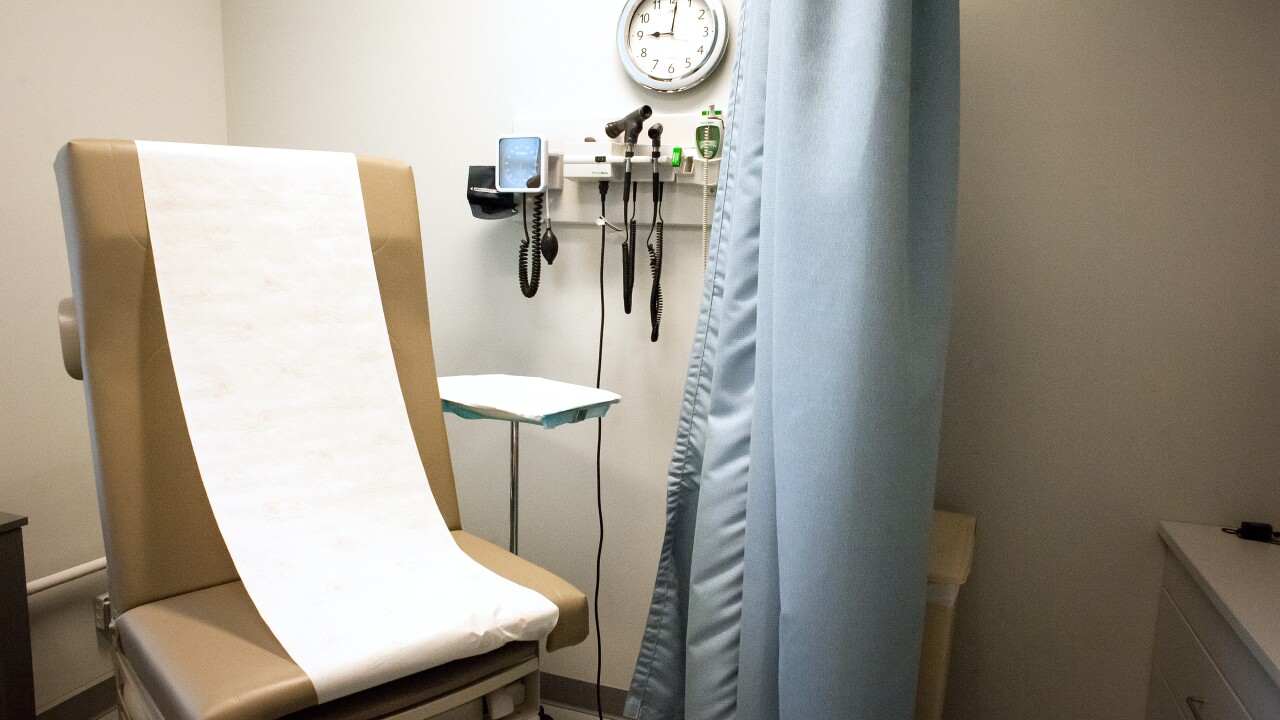Employers may be itching to get the office up and running again, but filling those empty desks may be harder than they think.
Almost 60% of employees say they would
Read more:
Employees have enjoyed the flexibility of remote work as well as the cost savings — Flexjobs found that the average employee has saved $5,000 during the pandemic due to a lack of commuting and
“Even under these strained and unusual circumstances, [employees] appreciate the benefits to such a strong degree that they would leave their current jobs in order to keep working from home,” Sara Sutton, founder and CEO of FlexJobs, said in a release. “The landscape of remote work has permanently changed as a result of COVID-19 and its impact will be felt in the job market and the workplace well into the foreseeable future.”
Employers are contemplating what their future looks like as vaccination rates ramp up and people begin returning to pre-COVID routines. Sixty-eight percent of employers want workers in the office at least three days per week, according to the Society for Human Resource Management.
After proving how successful a remote workplace can be, employees are struggling to understand why an in-person environment is necessary. Fifty-five percent of employees say
But not all workers have embraced the appeal. Mental health challenges like anxiety and depression have been on the rise and employees are struggling with overwork and burnout. Thirty-nine percent of employees say their mental health is worse now than it was pre-pandemic.
Read more:
“The trauma of the last year will have long-lasting effects on the mental health of not only employees but their families,” says Garen Staglin, chairman of One Mind at Work. “Employers must remain focused on incorporating innovative mental health programs with visible leadership involvement to support the well-being of their workforce.”
Employees feel like their employer is not in touch with the challenges they have been facing: 21% told Flexjobs their employer does not care about their well-being and 22% believe that their employer cares but could be doing more to support them. At the same time, 22% of employees would like to hear from their manager as little as possible. The ideal number of checkins employees would like is just a few times per week.
Employers face a challenge in creating the ideal work environment for their employees with what makes sense for their organization. The majority of employers plan to
“Employees are no longer tied to the nine to five. They’re tied to getting their work done,” says Adam Segal, CEO of co-working space Cove. “That’s leading to a lot of behavioral changes that have a big impact on how we think about work. People want flexibility to say, ‘Just because I work doesn't mean my life stops.’”






